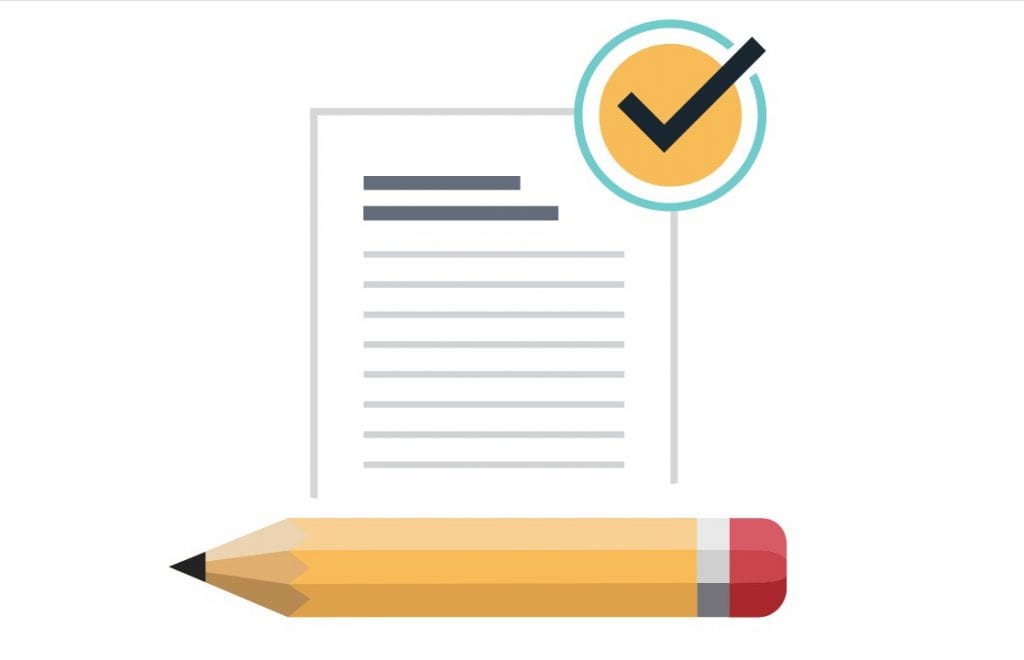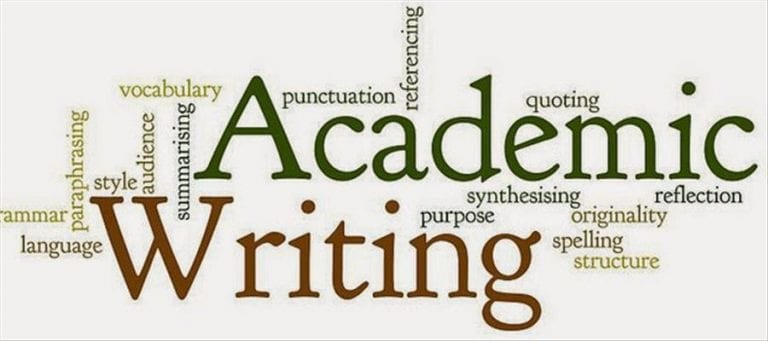For many, the leap from high school to higher education is high, and many students are striving to master the requirements for job writing when they come to teacher education. Academic writing It may be because they do not have the writing skills they should have had from primary and secondary school, we know that many students have traditionally had little practice writing textual texts at school. At the same time, it is important to remember that writing academic texts involves learning the expression and genre requirements within the specific subject.
It is not the school’s task to teach students to write neither police reports, practice reflexes, articles within law or social economics or subject didactic texts, which the respective institutions and professional communities must take care of.

Source: writemyessayonline.com
Many colleges and universities focus on academic writing. It may work well as an introduction, but it will often not be enough, and both students and teachers must accept that it may take time to become a good printer. The transition between school and higher education as a social, cultural and linguistic journey can be concluded as the following:
The academic language is partly linked to a new way of thinking, one more abstract, distanced and critical mindset, a clue to realism that builds on language abstractions and is formulated as theories and omissions.
Learning to express themselves in writing in accordance with the demands made may be a long-term process that is about developing literacy in a broad sense, where the challenges are both related to understanding what you read, learning a new way to think of, meet a new language and new text cultures and express themselves in a manner accepted within academic culture. The learning can be helped by some online writing services like we can find by clicking https://writemyessayonline.com/college-essay-writing-service.html .
What do we know about writing in higher education?
There is a lot of research on academic texts, writing and writing development both nationally and internationally. For all in teacher education it is important to use the knowledge we have about writing in general and academic writing specifically to develop a better writing education.

writemyessayonline.com
Teach subjects through writing
First and foremost, the important point is that learning subjects and learning academic writing support each other mutually. It is the same knowledge that lies behind the knowledge promise and the idea of writing as the basic skill: working with writing in all subjects helps to enhance the writing skills of the students, while also strengthening the learning in the subjects. The same goes for higher education, by writing in the subject, you will learn the subject, while also learning to write within the subject’s genres, languages and requirements. This means that writing in the subjects in teacher education does not compromise the ability to work with the subject content page, on the contrary.
Another important point is that you primarily learn to write by writing, receiving and giving feedback, and not by presenting the knowledge. In order to become good printers, students must therefore be trained to write, read others’ texts and evaluate them. In addition, the first feedback you receive on the first submission in the study is the most important, it is remembered best and most influences whether the student feels that he may be able to write such professionals writing.

Source: APHerald.com
